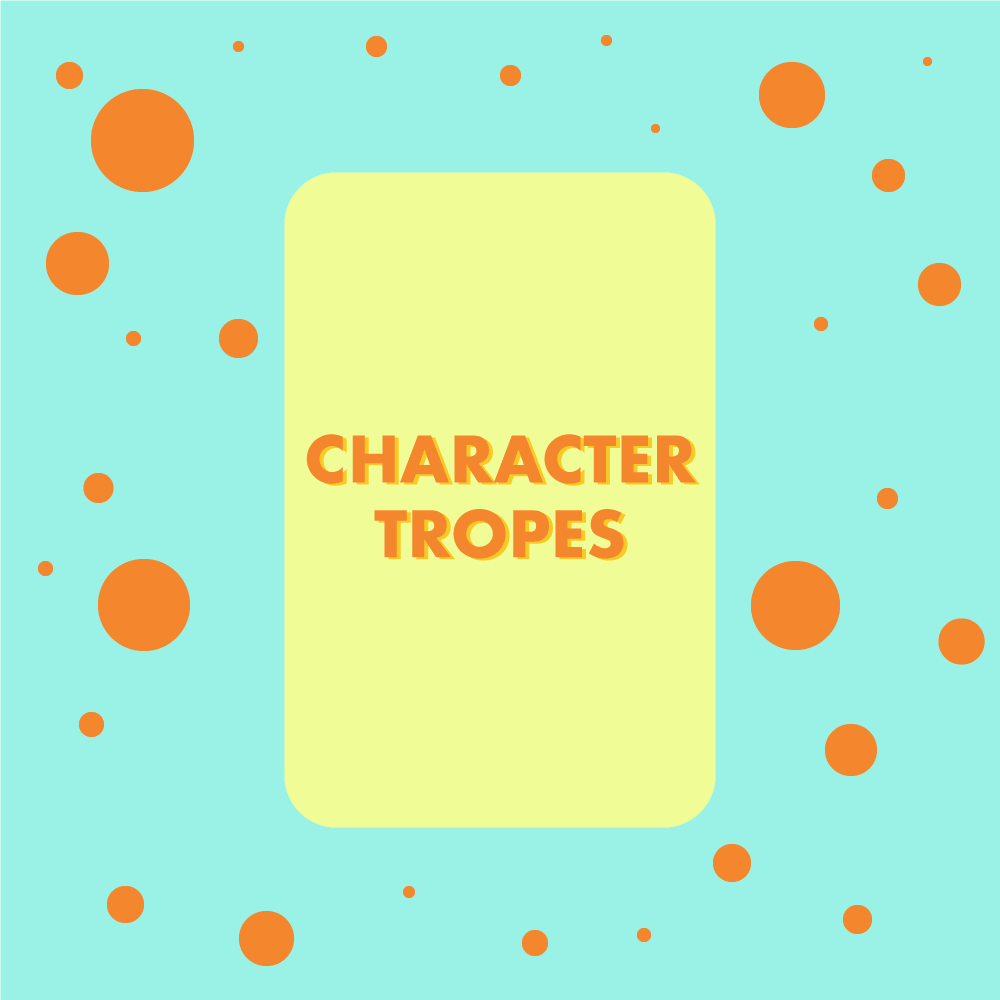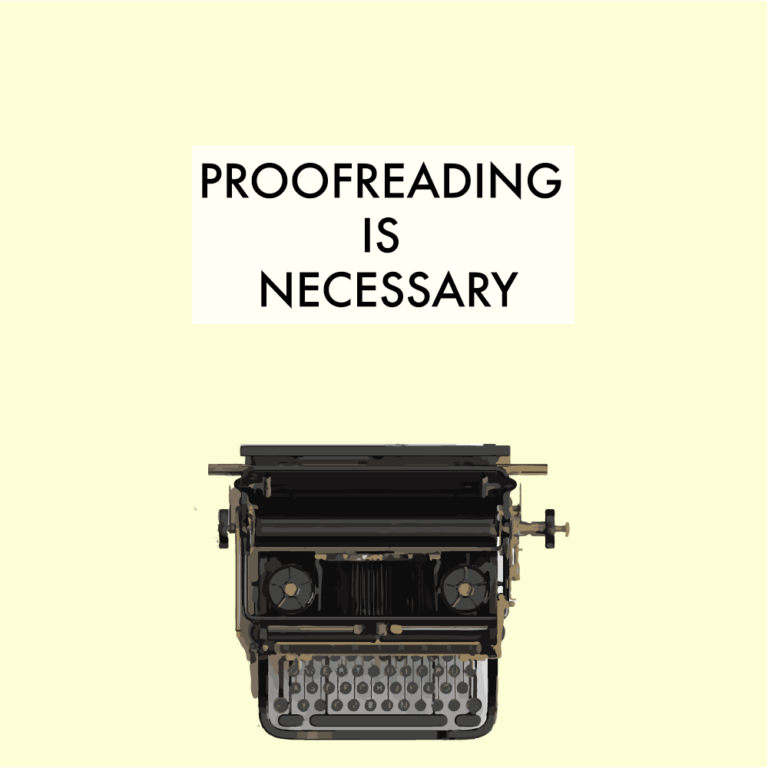Stories are run by the characters. A story can be magnificent yet with insipid characters, the whole experience can be dulled. Bad characters do not mean that the characters have bad intent. Bad character means overused, unoriginal, regurgitated tropes that readers are tired of reading and seeing. So what are character tropes and how to create a unique and interesting one? Let’s explore.
Character tropes are certain qualities (behavior, mindset, or even an entire role in the story) that act as categories. These tropes are the attributes that the characters in the story have. Some characters in the story are stern, quiet, and serious pertaining to something traumatizing that happened in their past. This is an example of a character trope. And there are many.
A wise old man who gives the protagonist guidance in the form of riddles and hints is also a character trope. Any set of qualities we see in characters often can be termed as a character trope. Tropes are not necessarily bad in itself. But sometimes the overuse of them can result in unoriginality, making your unique story boring.
Here are some of the most commonly used character tropes in stories. These tropes are overused, but they are necessary at the same time. Sort of like a double-edged sword. So how do you use these overused character tropes? You don’t need to reinvent the wheel, we just need to work on the color, chassis, engine, and interiors of the vehicle running on the same wheel. We added a little modification to these tropes keep their usefulness and add uniqueness to it as well
The reliable sidekick
This is one of the most overused character tropes in almost all story genres. The sidekick is the person who is always there to help the protagonist, pops up whenever the lead is in trouble and the whole purpose of his/her life is to help the lead character. And this is where the problem begins.
Batman has Robin (so many of them), Frodo has Samwise, Sherlock has Watson, etc. It isn’t bad for your story to have a character with this trope, but you have to keep one thing in your mind: The sidekicks have their own life, their own struggles, and their own victories. Do not make them a one-dimensional, always-helping-the-protagonist character.
While Samwise Gamgee in Lord of the Rings did not have his own struggles, Hobbits lived a carefree life from the start. They did not have any personal struggles. But take a look at others. Watson has his own struggles and all the Robins are a mess.
Takeaway: Have sidekicks if necessary, but never make them one-dimensional. Give them their own story and struggles and show the conflict in helping the protagonist and living an independent life.
The chosen one
The chosen one character trope is more relevant to the fantasy genre than any other. This is when we know that the protagonist is the one to end all the conflict. He/she shall rise above, battling all odds and bring peace. Harry Potter, Frodo Baggins, Jon Snow (we still have the books), etc. This trope is a difficult one to handle.
The chosen one is necessary for stories. You want to give the readers the joy of seeing the protagonist go through pain and suffering and then shine in their full glory. But at the same time, it has been overused. Perhaps we have can cut out the “prophecy of the chosen one” cliché and bring something new.
Takeaway: How about we create a protagonist that thinks that he/she is the chosen one? And amidst all this hopes and fervent desire to prove himself/herself, they lose. But this loss comes with a realization maybe this wasn’t their fight and perhaps the fight was with their thoughts, the desire to prove oneself, the pursuit of something useful.
The female in need of help
Commonly known as the Damsel in distress, this too has been overused without an iota of creativity. It’s just as simple as “the woman is in danger” and only the protagonist can help save her. Also, she frequently gets into this mess as she is unable to think or practice any precautions. Spiderman’s Mary Jane is a classic example.
The problem with this trope is not just that it is overused, but it is outdated. That sort of character (which is in constant need of help) does not bode well for a sensible, realistic story.
The takeaway: Instead of having a female in need of help, how about you add a female that gives help to other characters? How about a mother-figure who has the experience and gives the characters the motivation or wisdom needed to get out of a difficult situation?
The antihero
I have no problem with an antihero. I think they are great and with the rise of characters like Deadpool, Venom, etc shows that the audience is liking it as well. The problem is sometimes, people add a hero and an antihero at the same time and give both the same boring, predictable qualities.
The antihero is the loner who is good in the heart but is a tough nut to crack. He/she covers his/her true self by being uncaring and mean but deep inside, he/she wants to do good. This is the rinse and repeat formula which you should avoid.
The takeaway: Let’s take out the unoriginal and unreal tendency of the antiheroes to keep a pretense? Who can act to be someone else all the time? No one. So, instead of the false act, let’s make the character genuinely confused and have a tumultuous conflict inside him/her. Perhaps they want to do good but don’t choose the right way, perhaps they let the demons in them take over, or maybe they are not aware of their faults. A great example of this is Theon Greyjoy from A Game of Thrones.
That man was genuinely confused. He wanted to be a part of a family but never felt welcomed. He suffered for a crime he never committed. Even though his heart was in the right place, his mind led him astray. These character portrayals help the readers connect better with the story.
The wise beard
The old man, tall and bent with a stick and a beard that covers his torso is what you’ll find as the physical appearance in this character trope. This is the wise man with knowledge that knows no bounds but will always help the protagonist with riddles. He sees it all yet is there just to guide them.
Now if you see a character with the appearance I just described, your instincts would associate this “wise man” trope to him before he even speaks anything. He could be an idiot and yet the appearance would lead you to assume him wise. That is how common this trope has become. But the issue is, these wise old people are necessary to help the readers get more knowledge about the story you’ve written. They are more of an expository component of storytelling. So how to change this character trope?
The takeaway: How about we make this wise man not so wise? How about this wise man has to work and go through a tough time to figure things out instead of getting a divine message from the stars? This makes the character more interesting. All I am saying is give this man a tough time and show the readers how he figured out something.
Turned evil instantly
Every story needs a source of conflict. And this conflict is mostly provided by the antagonist or the one who’s one the side of evil. This is a character trope and you must avoid it if you want your story to feel unique and mature. The presence of good and bad must be like spices in food. Just enough for the taste, not too much to make it inedible.
How did the antagonist turn evil (or against the protagonist)? Never make it a one-event turn like many simple stories do. No single event has the power to change the person completely. So if your story has that character trope, it might be seen as plot armor.
The takeaway: Make events act as catalysts, slowly turning the antagonist into one. What was he like before, what were the events that lead to such change, and does the change make any sense? How does the change help the antagonist?
Very rich without doing anything
The man looks perfect with a body sculpted by Michelangelo himself and a wallet that can buy every sculpture by Michelangelo. But how did he get there? No clue. A common cop-out is that he inherited that money. But how does he maintain that wealth? No idea.
This is what you should avoid. Don’t show the character to be excessively rich and that he has all day to spare and get involved in the story. It is difficult to maintain and grow wealth, even if it is inherited. This rich-guy trope also acts as an easy way of getting things done in the story.
The takeaway: Have a rich guy or girl in the story but don’t make him/her riches nonsensical. Also try showing their strategy, their methods, and efforts to earn the riches that they so exuberantly spend. This adds more to their character other than just being rich.

Ever annoyed mentor
The protagonist is on the path to become the greatest, but he/she needs a mentor. And for that, we get a scrawny, annoyed, and always-yelling old guy who has no life of his own but just wants the protagonist to train with occasional bits of motivation wrapped in chastise.
The takeaway: How about we make a mentor who needs a mutual relationship with the student? What if he teaches and learns simultaneously? There are things that the mentor seeks to know and is calm and polite but angry and stern when it is needed. The teacher learns from the student, makes amends, and we get a really great character.
Orphaned protagonist
How many times writers have killed their protagonist’s parents to add that emotional element, the cause of change, and suffering. This horse has been beaten to death to such an extent that now all we have is amorphous calcium from the bones. Keeping the parents of the protagonist adds so much to the character. Where are the protagonist’s parents? Do they approve of what he/she is doing? Are they supportive or not, etc.
The takeaway: Keep the parents alive to add more complexity to the character’s life, their choices, and their future. Removing the parents means you’re cutting off an important source of emotion (positive or negative) and they can be used effectively later.
Mad scientist
A white lab coat, frizzy hair, and forever lost in a world of his own mind, this cheap Einstein knock-off has plagued the world of character tropes for ages. While it works in satirical comic films, if you really want your readers to not roll their eyes and say “this again”, keep away from this scientist.
The mad scientist always mumbles jargon that no one understands (throw in some “quantum”, “electromagnetic field” and “atomic polarization” and that’s it). It is the most expository way to show a passionate and dedicated scientist.
The takeaway: Make the scientist dress normally, speak like a normal human being without trying to be ostentatious every second, and have a kempt hair. Cancel the kempt hair, they either don’t have hair or have hair and don’t care. Also, make them explain topics easily for the general audience and be of some more use than explaining the science.
Rebellious rogue
A rebellious rogue is a beautiful character trope that can take your story from a 5 to a 9. But most of the time, this trope does things that make no sense, defeating the usefulness of the trope. Fine that the character is rebellious, going against the order. But let them do it sensibly, without being a complete idiot. Let them calculate their move, the consequences, and then proceed.
The takeaway: Have them despise the norms and trends that may be restrictive but don’t let them do foolish things and get in trouble, jeopardizing the entire plan. If you want your story to go that way (one guy does something rogue and now the whole operation is compromised), then let the guy plan out everything, think about the steps and then make things go south.
These were the ten most common character tropes that are overused but are still needed for the story to be interesting. A little alteration and you can make great character tropes out of them. We’ll also mention a small list of some minor (and overused) character tropes that you should avoid or at least try to change a bit.
List of overused character tropes
Seer: Sees everything about the characters and talks with a perpetual smile.
Nerd: Only there to get the virus in or out of someone’s computer. And he/she is inherently shy, can’t even speak to his/her reflection without stuttering. And glasses.
Pessimist/optimist: Always looks at the events in one, inflexible way.
The uncaring woman: Never cares about any character and occasionally gives sarcastic jabs. Never shows other emotions or very in a suppressed way.
Attractive girl who’s dumb: Enough of this Michael Bay character trope of a very attractive girl who is not only a damsel in distress but is as intelligent as a piece of rock.
Muscular guy with no brain: The muscle that is just muscle and no brains. Just swings and hits whatever he sees until someone defeats him “intelligently”.
Conclusion
These were some character tropes, some useful and overused while some useless and less used. Create a healthy balance of the two while trying to keep things fresh. Character tropes are necessary for the story to work, even though it has been overused. People still want to have that essence of the character, just in different packaging.
We hope this article elaborated on the topic well and helped you understand character tropes better. As we always say, go ahead and create something beautiful, write a story that creates a saga and we’ll be there to read and enjoy it. You can read these related articles to improve writing;







